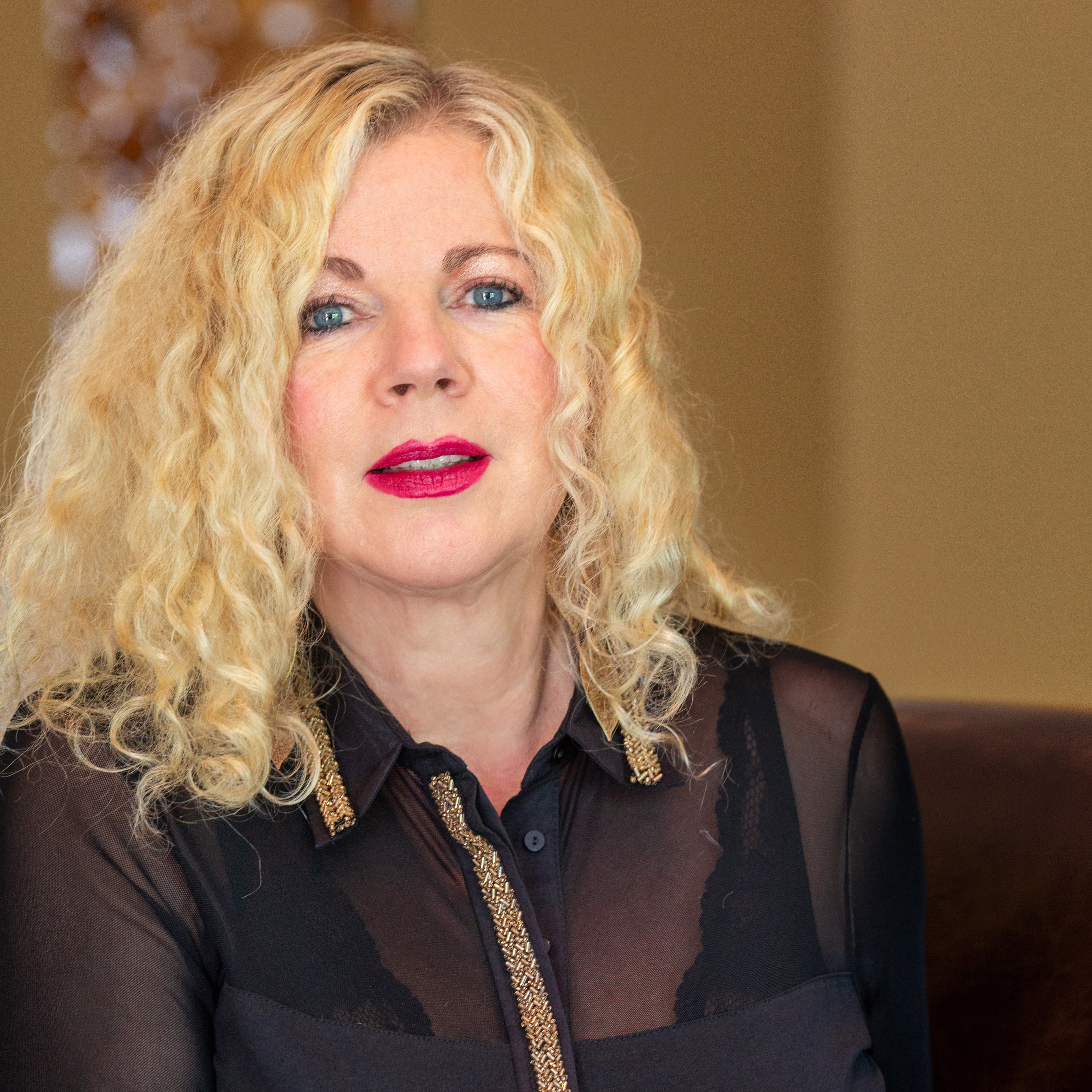
Transformation
Departing for a new kind of freedom
„Every child is an artist. The problem is
how to remain an artist once we grow up.“
– Pablo Picasso
An “individual” is more than a mass of matter forming unconscious patterns. People are “individuals”, each of whom has their own right to live their own lives. This includes recognizing old patterns in order to discard them: by means of a transformation away from abstract, theoretical thinking and toward acting and being.
Leadership according to the laws of nature
What happens when patterns of war and rivalry cease to exist in our culture?
„Example is not the main thing in influencing others;
it is the only thing.“
– Albert Schweitzer
After countless, endless wars, crises and conflicts of the past, the 21st century offers an opportunity to free itself of old patterns of control and domination and to dedicate itself to higher-level needs instead. It’s all a question of leadership.
Humanistic Psychology: A. Maslow
THE POSITIVE PSYCHOLOGY OF BEING FROM THE “FATHER OF SELF-ACTUALIZATION”
„Mental growth means growing beyond oneself.“
– Sonja Becker
“Radar for Leaders” realizes what started as a counterpoint to past-oriented, negative Freudian psychoanalysis and triggered a revolution: Abraham Maslow’s positive “Humanistic Psychology”.
Anxiety and Anger
ANXIETY AND ANGER ARE GOOD: CHARLES SPIELBERGER
„The four characteristics of humanism are
curiosity, a free mind, belief in good taste,
and belief in the human race.“
– E. M. Forster
By overcoming anxiety and anger, you exit the space of negative states of mind: a decisive step toward self-actualization.
Turning passion into a profession
BACK TO CURIOSITY: MARTIN SAGE
„Practice, practice, practice.“
– Friedrich Nietzsche
An anxiety researcher and a curiosity researcher meet on a plane: no, it’s not the beginning of a joke. Instead it’s a meeting between Prof. Charles Spielberger and Martin Sage – who today constitute the core competency of “Radar for Leaders”.
IQ, EQ, CQ
ON THE VARIOUS KINDS OF INTELLIGENCE
„What difference can it make whether he is a duke
or a groom so long as he has spirit and a heart?“
– Marcel Proust
Einstein or Frankenstein? A person’s IQ represents their intelligence – or so you’d think. But the term “quotient” betrays the fact that it is merely a mathematical value. And there are variants which are perhaps more important …
What does “human intelligence” mean to us?
At first glance, “human Intelligence” seems to be self-explanatory; however, as “artificial intelligence” becomes increasingly dominant, it is necessary to make a distinction. Our understanding of “human intelligence” focuses on purely human capabilities. Creativity, imagination, willpower, empathy, intuition or simply a logical, differentiated line of reasoning can only come from human intelligence. This is where the potentials of leadership lie.
What does “emotional intelligence” (EQ) mean?
“Emotional intelligence” can be learned. It is not made up of instinct and intuition, but instead lies in identifying emotions, using them, understanding them and learning how to deal with them.
The term “emotional intelligence” was coined by journalist Daniel Goleman and is placed center stage in executive coachings in the form of untapped potential. In Goleman’s book of the same name, it’s all about human feeling-based capabilities, e.g. empathy.
Emotional intelligence should not be confused with “emotionally driven decisions”, but is rather the ability to “read” others, to integrate their needs and trust in oneself when it comes to making decisions. The seven stages of this supposedly “unknown value” are trust, passion, enthusiasm, feelings of happiness, inspiration and inner peace. And they all lead to a unique way of living self-actualization by living your own dream and sharing this dream with others.
Consequently, the emotional intelligence we train in executive coaching also helps in discussions and negotiations.
What do people think CQ is?
Letting your gut feeling alone guide you is not meaningful because emotions can be misleading. Most importantly, it always leaves you not knowing why you decided the way you did. So think twice before you act instead of simply reacting to a feeling. Don’t rely solely on your feelings; check what might work and what might not work at every step before taking action. Anticipate problems and prepare strategies to avoid them.
Unlike logically quantitative intelligence quotients and emotional intelligence, the “curiosity quotient” is an indicator of a person’s core intelligence. The CQ hails back to curiosity pioneer Martin Sage. It specifies the degree to which you are guided by your inner brilliance (which you may not necessarily be conscious of). The CQ is only indirectly measurable. A state of clarity and alertness can be attributed to those who are confident in their goals and their will (even if they are not necessarily conscious of this). In a manner of speaking, you are curious about yourself, acting according to your own will to suit the occasion.

Contact
Are you curious and want to learn more?
We’d be happy to provide you with profound information about our offerings, with no obligation.







